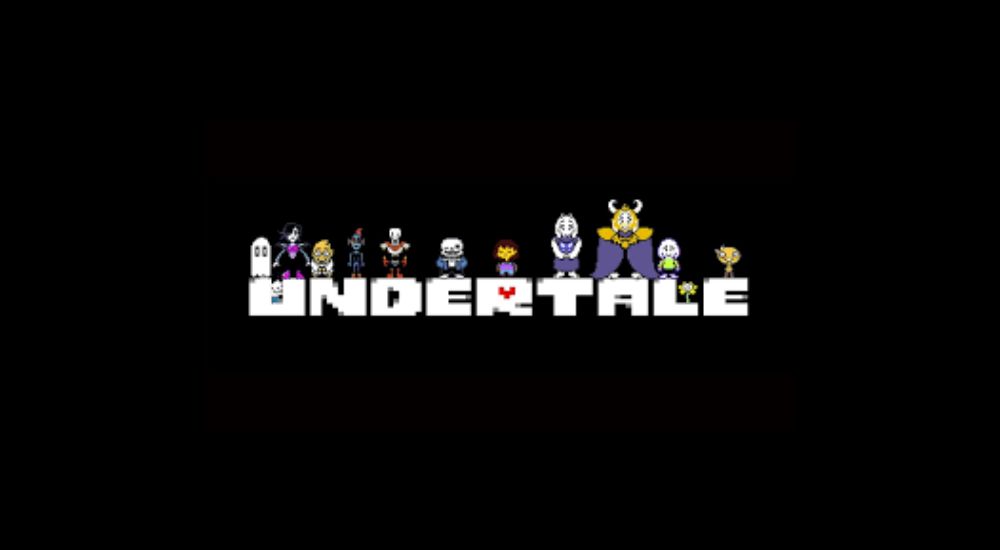According to TechJury, the global gaming market is set to reach over $256 billion by 2025 and the market’s worth is predicted to surpass $400 billion by 2028.
This is due to the popularization of video games, which can now be played everywhere through the use of a mobile phone, and the recent Covid-19 pandemic introducing many people to gaming with the inability to go out. And there are no signs this trend will stop any time soon.
Wherever there is a lot of money circulating, it’s only natural for people to gravitate towards it. And with game development it’s no different: with every passing year, more and more games are released on the many game stores over the internet. For reference, Steam alone has released a grand total of 10,394 titles in 2021 compared to the 9,609 games released in the year prior!
However, making a game can be very expensive (both time-wise and money-wise), which means your indie game could get some help through funding.
This is why we’re here: in this post, we will give you some approaches from which you could get funding for a game and some extra tips to keep in mind BEFORE pitching possible sponsors.
With that in mind, let’s get started!
Bootstrapping your game
Also known as “self-funding”, bootstrapping refers to starting a company or a project (like an indie game) without the use of external funding. This means that all resources going into your game will come from your personal savings, from your current job income, borrowed or invested funds from family and friends, initial sales or a combination of those methods.
Bootstrapping is the most common way to fund an indie game and is often the most practical one, but requires you to have some money saved beforehand. While it’s way safer to have a day job (preferably part-time if you can make meets end) and work on your indie game on your spare time, it’s entirely possible to work full-time on game development. For this to work, you’d need however many months you plan to finish your game in worth of expenses saved up for you or your team.
If things don’t go as planned and your indie game ends up taking longer to finish, you need to be very careful when considering loaning, as your debt could build up quickly and spiral out of control in the blink of an eye.
Crowdfunding your game
Crowdfunding has become a very popular way to fund indie games with the advent and rise of platforms such as Kickstarter, Indiegogo, Patreon and GoFundMe, which allow people to search for ideas and contribute to whatever projects they would love seeing come to life.
The best part of crowdfunding is that it enables dozens (if not hundreds or even thousands) of people to contribute a small amount to your project, which adds up little by little to the full amount.

However, it’s not all sunshine and flowers: it’s very, very hard to stand out – especially if you don’t have an audience or presence in social media. In order for this to work, you or your team needs to attract players to the project. While it’s no easy task, it’s not impossible as many projects were able to achieve it.
Game project funding
Whenever you go after a game publisher who pays for the upfront development costs of your indie game, that’s called project funding.
As soon as the game is released, the publisher will have to make up for the money invested in your game – which includes, but does not limit to development, QA, localization, voice acting, marketing and promotion fees. After this investment is recouped, they will take a share of all additionally generated income.
It’s not unusual for game developers to retain the intellectual property rights to their game and assets, which allow them to make prequels, sequels, spin-offs and more as they wish, which is often a good thing for games that do well.
All in all, if you opt for this game funding model, you need to be aware of the compromise between long-term rewards and upfront money, but it’s always good to have a publisher to back you up and help you with marketing and promotion costs, which can be expensive as starters in the game making industry.
Incubators/accelerators
Platforms like Stugan are incubators for projects in the early stages of development, providing creators with capital, free rent, networking and coaching for a time period, allowing indie game developers to turn their game ideas into a fully playable prototype in a short timeframe.
In some cases, though, funding is not provided or they only cover a portion of it, so knowing what you’re getting into is important. On the other hand, accelerator programs will usually help you find suitable business partners and connect you with publishers and prospective investors, which are always worth looking into.
What to do before looking for funding
Before looking for funding for your indie game, there are some things you should take note of:
- Building a prototype of your game to get your initial demo is very important as it will serve as a showcase of your indie game to possible investors and contributors. Adding a trailer to top if off can do wonders for your game!
- Think of a business plan and be honest: how will you make money from the game? Will there be ads, or will you put the game for sale? Who is this game for? How will you promote your title?
- Know exactly why you need the funding for your game and how you will allocate the money that you receive
- If you are doing a sales pitch, make sure to prepare an appealing presentation to increase the likelihood of attracting investors. Be sure to include your game’s features, a market analysis, details about your chosen audience and the scope of your release. You will also have to be honest with every financial detail, including the equity deal you want

Wrap up
Now that you know what options are there for funding a game, we hope you can decide which path will be the best suited for it and, even better, find a funding opportunity that’s right for you.
However, if you have a great game idea, but you can’t put in the time to deal with everything that goes into one – asset creation, programming and marketing to name a few – then rest assured: we can do it for you!
We are MainLeaf, a game studio that has been making games you dream of come true for over 10 years! Bring us your idea by going to the top of this page and requesting a game quote. We will get back to you shortly.

